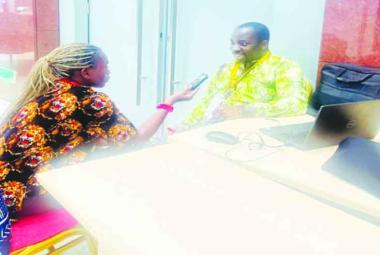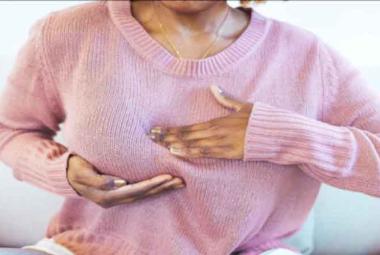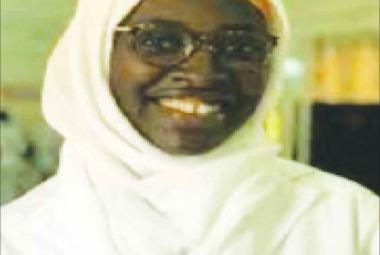The West Africa Health Organization (WAHO), the health institution of the Economic Community of West African States (ECOWAS), has marked its 33 years of existence.
The day, on 9th July 2020, was marked by a zoom press conference with the network of WAHO journalists from the 15 member states.
The Director General, Professor Stanley OKOLO, said since the creation of WAHO in 1987 and the appointment of the first Director General in 2000, the organisation has worked closely with the Ministries of Health of the 15 member states of ECOWAS, and with all stakeholders - partners, the private sector, civil society organisations and communities to advance the health agenda in the region.
“From the improvements in national immunisation programmes and investments in malaria prevention strategies, through the excellent initiatives in sexual and reproductive health and rights aim at improving demographic transition in our region, to the herculean efforts that defeated Ebola in our region, these collaborations have been the foundation of all that has gone well over the years despite the recurrent health challenges in the region,” DG OKOLO said.
He observed that the lessons of the Ebola epidemic and the support of our partners through various health security strengthening programmes meant that the disease surveillance and preparedness architecture in the ECOWAS region was in a much better shape going into the Covid-19 pandemic than was the case before.
“All countries had set up national public health institutions for coordinating public health preparedness and response to epidemics, networked regionally through WAHO and its agency, the ECOWAS Regional Centre for Surveillance and Disease Control (RCSDC)”.
Since the declaration of the Covid-19 infection as a Public Health Emergency of International Concern, DG said WAHO has worked tirelessly to support the region and protect our populations, coordinating communication and collaboration and support with critical medical supplies, diagnostic test kits, online training to build capacity, public health advisory, and targeted funding for specific activities to help flatten the curve of this pandemic. However, the scale and nature of the pandemic has exposed weaknesses in our health systems that have undermined response efforts, these include weaknesses in infrastructure, human resources, diagnostic and therapeutic facilities, manufacturing capacity particularly of medicines and vaccines, and deficits in the level of community engagement required to effectively tackle the COVID-19 pandemic.
He said the pandemic therefore offers us both an insight into our shortcomings, but also an opportunity to resolve to do better.
Prof. Okolo assured that WAHO will continue to work with the ministers and national experts of all ECOWAS member states, Africa Centre for Disease Control, the WHO Afro Regional Office, and partners to sustain the strong collaborative efforts within the region.






